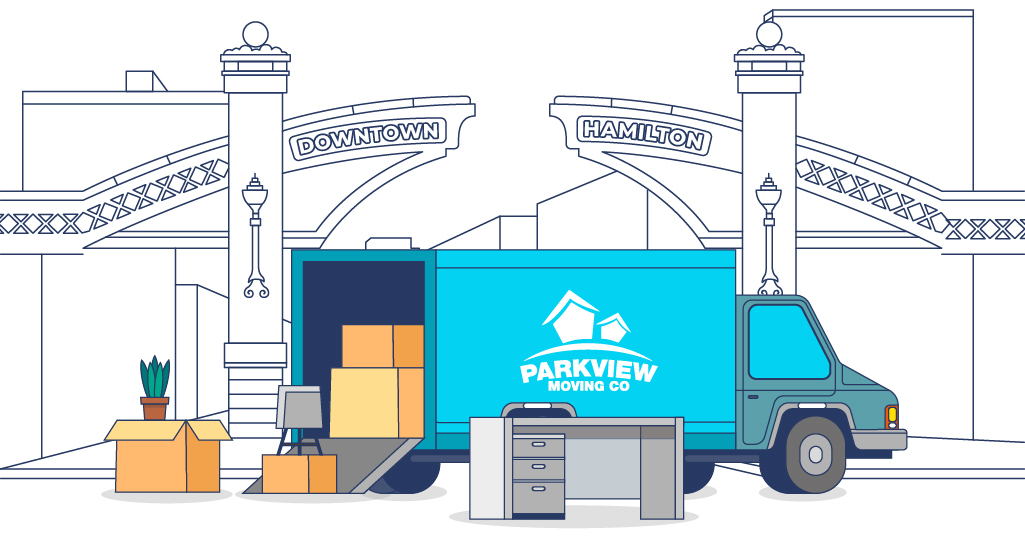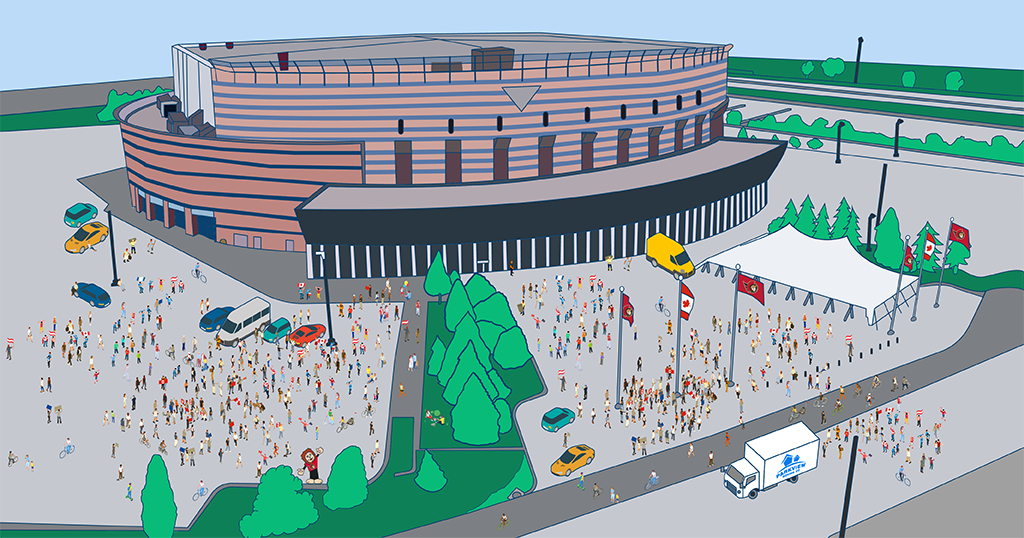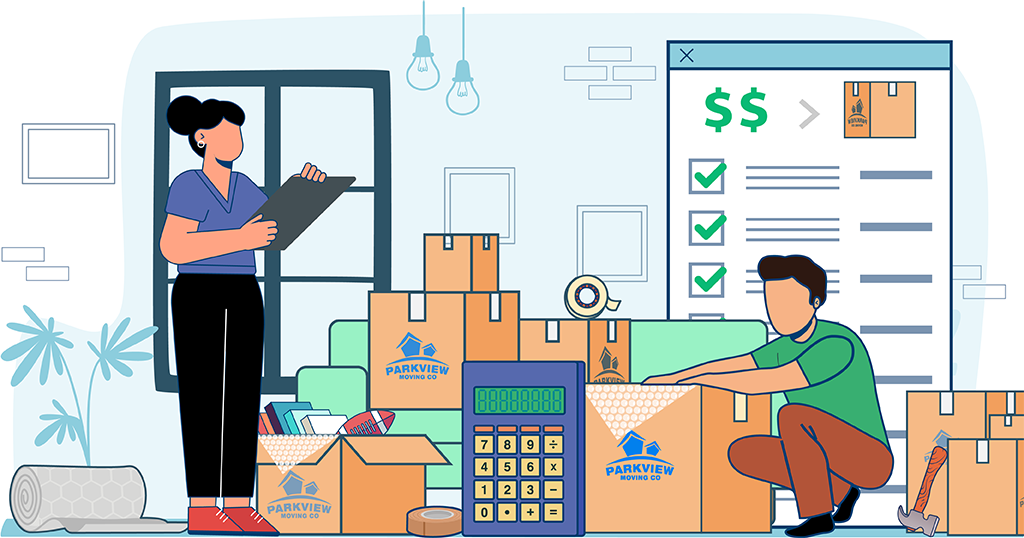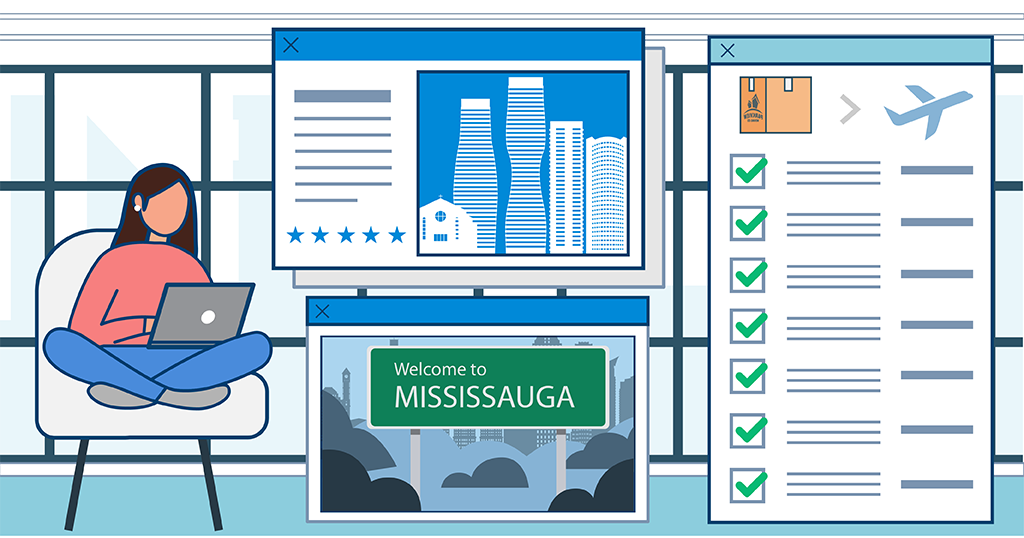Welcome to Ottawa, the capital city of Canada, where rich history meets modern living! Nestled along the Ottawa River, this vibrant city is not just the political heart of the country, but also a cultural mosaic with a quality of life that’s hard to beat.
Ottawa continues to have a steady uptick in population, so if you are one of the many that are considering making a move to Ottawa, understanding the living costs is crucial.
In this guide, we’re giving you a practical perspective on calculating the Ottawa living cost. Keep reading for more!
Current Housing Costs
When you’re contemplating a move to Ottawa, housing is likely to be at the forefront of your mind. Let’s take a look at your options.
Renting in Ottawa
Renting is a popular choice for many newcomers, and the rental market in Ottawa is, well, quite active. You’ll find an array of options, from high-rise condos in the downtown area to more spacious homes in the suburbs.
Keep in mind, though, that rental prices can vary significantly depending on the neighborhood. For instance, living in the heart of the city or trendy areas like Westboro might be a bit pricier compared to more suburban communities.
Being a tenant also comes with certain rights and responsibilities. Understanding Ontario’s Residential Tenancies Act is a good place to start, as it lays out the ground rules for landlords and tenants.
Rental prices vary from $1,000 to $4,000 per month. The average rental is around $2,000 per month.
Owning a Home In Ottawa
Now, if you’re looking at putting down roots and buying property, Ottawa’s real estate market is equally vibrant.
Over the past few years, the city has seen a rise in property values, which means purchasing a home is seen as a relatively safe investment. Mortgage rates in Canada tend to fluctuate, so it’s wise to shop around for the best deal.
Don’t forget to factor in property taxes, which are a necessary evil of home ownership but contribute to the great services the city provides.
Lastly, make sure you’re covered! Home insurance is essential to protect your investment from unforeseen incidents. Whether you’re renting or buying, doing your homework will ensure you navigate the housing market in Ottawa with confidence.
The average home, including a house or a condo, costs around $680,000. If you are looking for a condo, you can find something around the $450,000 mark. However, if you are looking for a freehold, the price can quickly double that.
Transportation
Hopping around the city of Ottawa requires some thought on transportation. If you’re considering going the public transit route, OC Transpo is at your service. They offer a network of buses and the O-Train light rail, which pretty much have you covered for most parts of the city.
Not to mention, it’s a more eco-friendly option.
But let’s talk dollars. OC Transpo fares can add up, so if you’re a regular commuter, getting a monthly pass might be the wallet-friendly choice.
If you’re more of the pedal-power persuasion, you’ll be pleased to know that Ottawa boasts an excellent network of bike paths, and bike-sharing services like VeloGO are a great alternative for short trips.
if you’re leaning towards the convenience of a personal vehicle, there are costs you need to be aware of.
There’s the price tag of the car itself. Whether you’re going new or used, it’s a substantial investment.
Then there’s the ongoing cost of car insurance. And let’s just say, it’s not the cheapest in Canada. Shopping around for insurance quotes is a must.
We can’t forget about fuel costs. Gasoline prices in Ottawa have a knack for fluctuation, so keep an eye on trends to make sure you’re filling up at the right time.
Weighing the costs and conveniences of public transportation versus owning a car will help you make an informed decision that suits your lifestyle and budget in Ottawa.
Utilities
In Ottawa, your utility bills will typically include:
- Electricity
- Water
- Natural gas or heating
Electricity prices can vary based on time-of-use rates, so running that dishwasher during off-peak hours could save you a few bucks.
As for water, it’s billed based on consumption, so those long, hot showers might just catch up with you. It’s smart to keep an eye on usage and think about energy-efficient appliances to help keep those bills in check.
And, if you’re renting, it’s a good idea to clarify with your landlord what’s included in your rent and what’s not.
Food and Groceries
Grocery shopping in Ottawa offers a plethora of options. From big chain supermarkets like Loblaws and Walmart to local markets like the ByWard Market, there’s a range of choices for every budget and preference.
Keeping an eye out for weekly flyers and sales can help save some loonies and toonies. Also, consider hitting up some of the discount stores like Food Basics and FreshCo.
If you’re into fresh, local produce, farmers’ markets are not only a great option but also a fun outing.
Entertainment
Ottawa boasts a diverse range of entertainment options. Whether you’re a culture vulture, a sports fanatic, or someone who just loves a good time, Ottawa’s got you covered.
- Catch a show at the National Arts Centre
- Immerse yourself in history at the Canadian Museum of History
- Cheer on the Ottawa Senators at a hockey game
Don’t forget the numerous festivals like Winterlude and the Canadian Tulip Festival. Keep in mind, though, that entertainment can come with a price tag, so it’s wise to budget for it.
Look out for discounts and free events, and maybe opt for a cozy night in with Netflix now and then to balance the books.
Ottawa Living Cost: Know It Before You Move
And there you have it! A practical rundown of what to expect when it comes to living costs in Ottawa. Whether it is rental or owning a home, don’t forget to budget for entertainment and food!
Are you looking for help moving? Contact us today!






